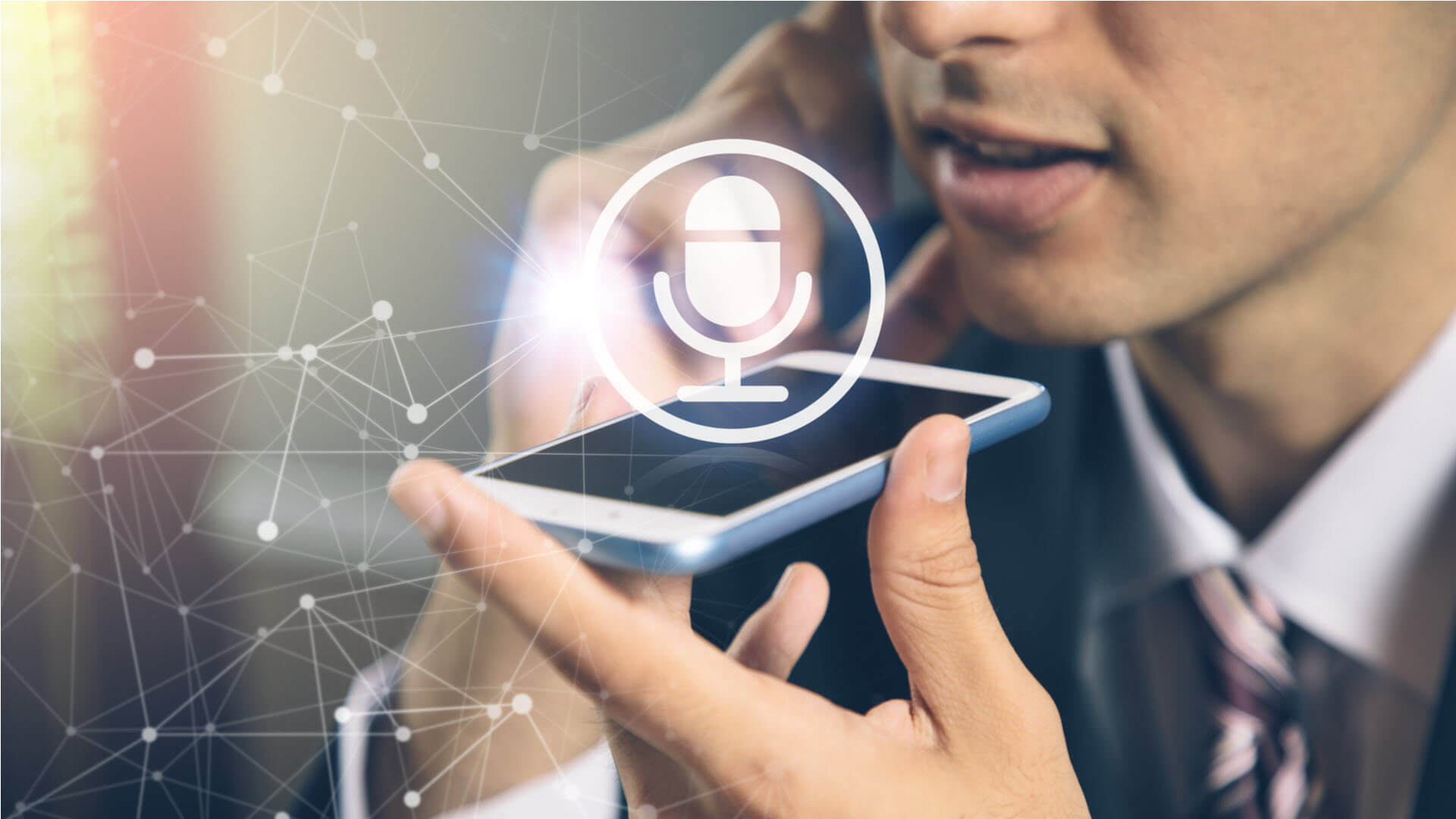At Techniques Marketing Strategists, we recognize the transformative influence of artificial intelligence (AI) on digital marketing. AI streamlines customer insights, enhances predictive analytics, and personalizes user experiences, positioning businesses at the forefront of innovation. In this comprehensive guide, we delve into how AI is reshaping digital marketing strategies and driving unprecedented success for brands in the digital realm.
What is AI, and How Does it Work?
Artificial Intelligence (AI) refers to the simulation of human intelligence in machines that are programmed to think and learn like humans. These systems can perform tasks that typically require human intelligence, such as visual perception, speech recognition, decision-making, and language translation. AI operates through various techniques, including:
- Machine Learning: This is a subset of AI that involves training algorithms on data so they can learn to make decisions and predictions. Machine learning models improve over time as they are exposed to more data.
- Deep Learning: A specialized form of machine learning that uses neural networks with many layers (hence “deep”) to analyze various factors of data. It’s particularly useful for image and speech recognition.
- Natural Language Processing (NLP): This technique enables machines to understand and respond to human language, making chatbots and virtual assistants possible.
- Computer Vision: AI systems can interpret and make decisions based on visual data from the world, such as recognizing objects in an image.

What is the Role of AI in Marketing?
the role of AI in digital marketing includes automating and optimizing tasks, analyzing consumer data, and providing personalized experiences. AI enhances customer engagement, drives efficiency, and improves ROI by leveraging data to predict consumer behavior and preferences. AI-powered tools and platforms enable marketers to deliver targeted content, automate repetitive tasks, and gain valuable insights into market trends and customer sentiment. Key roles of AI in digital marketing include:
- Data Analysis: AI can process and analyze large volumes of data at speeds and accuracies that humans can’t match.
- Customer Personalization: AI can tailor content and recommendations to individual users based on their behavior and preferences.
- Predictive Analytics: AI can forecast future trends and consumer behaviors, enabling marketers to make proactive decisions.
- Automation: AI can automate repetitive tasks, freeing up marketers to focus on strategic initiatives.

The Benefits of AI in Digital Marketing for Marketers
The benefits of AI in digital marketing are numerous and can greatly impact the success of a marketing campaign. By utilizing AI, marketing team can gain a competitive edge in their industry by:
Enhanced Customer Insights
AI analyzes vast amounts of data to uncover valuable insights about customer behavior, preferences, and purchasing patterns. It can identify trends and predict future behaviors, helping marketers to craft more effective strategies.
Predictive Analytics
AI can predict future trends and consumer behaviors, enabling marketers to make proactive decisions. By analyzing past behaviors and trends, AI tools can forecast what customers might want or need in the future, allowing businesses to stay ahead of the curve.
Personalization
AI-driven algorithms personalize content and experiences for each user, increasing engagement and conversion rates. Personalized marketing can include tailored email campaigns, customized product recommendations, and individualized web experiences.
Efficiency and Automation
AI automates repetitive tasks, freeing up marketers to focus on strategic initiatives. This includes everything from scheduling social media posts to sending out email campaigns and managing customer service inquiries.
Improved ROI
By optimizing marketing campaigns and targeting the right audience, AI helps achieve better returns on investment. AI tools can analyze which campaigns are most effective, allowing marketers to allocate resources more efficiently.
AI Marketing Tools
There are various AI-powered tools that marketers can leverage, including:
Chatbots and Virtual Assistants
AI-powered chatbots and virtual assistants provide instant customer support and enhance user experience. They can answer common questions, guide users through processes, and even help with purchases. Tools like Drift, Intercom, and ManyChat are popular choices.
Customer Relationship Management (CRM) Systems
AI-driven CRM systems automate customer interactions and manage relationships effectively. They can track customer interactions across various channels, analyze behavior, and help businesses understand and respond to their customers’ needs.
Content Creation Tools
AI tools can generate high-quality content and images tailored to your audience. Platforms like Copy.ai, Jasper (formerly Jarvis), and Canva’s Magic Resize feature use AI to help marketers create engaging content quickly and efficiently.
Predictive Analytics Platforms
AI-driven predictive analytics platforms forecast trends and consumer behaviors, providing marketers with valuable insights for decision-making. Tools like IBM Watson, Salesforce Einstein, and Adobe Analytics are leading solutions in this space.
SEO Tools
AI-driven SEO tools optimize website content for search engines to improve rankings. They analyze keywords, track rankings, and provide recommendations for on-page and off-page optimization. Tools like Moz, Ahrefs, and SEMrush are essential for any marketer looking to improve their SEO strategy. Chatgpt can even generate SEO-friendly content ideas for blog posts and website pages.
Email Marketing Platforms
AI-powered email marketing platforms personalize email campaigns and automate sending schedules based on user behavior and preferences. Tools like Mailchimp, HubSpot, and Campaign Monitor leverage AI to optimize email marketing efforts.
Examples of AI in Marketing
- Chatbots: Companies like Sephora use AI-powered chatbots to assist customers with product recommendations and inquiries. These chatbots can handle multiple customer interactions simultaneously, providing quick and accurate responses.
- Personalized Recommendations: Netflix and Amazon use artificial intelligence algorithms to suggest content and products based on user preferences. By analyzing viewing and purchasing history, these platforms can recommend movies, shows, or products that users are likely to enjoy, enhancing the user experience and driving sales.


- Dynamic Pricing: Airlines and e-commerce platforms adjust prices in real-time based on demand and user behavior. AI algorithms analyze various factors, including competitor pricing, demand fluctuations, and customer buying patterns, to set optimal prices.
- Content Creation: Tools like Copy.ai and Jasper use AI to generate engaging marketing copy. These tools can create blog posts, social media updates, and ad copy based on a few inputs from the user, saving time and ensuring consistency in messaging.
How to Use AI in Your Marketing Campaigns
1. Content and Image Creation
Use AI tools to generate high-quality content and images tailored to your audience. These tools can help you create blog posts, social media content, and marketing materials efficiently. For instance, artificial intelligence can assist in creating SEO-optimized articles, designing visually appealing graphics, and even generating video content.
2. Personalised Customer Service and Support
Implement AI-powered chatbots and virtual assistants to provide instant customer support and enhance the user experience on your website and social media channels. These tools can handle common inquiries, guide users through processes, and escalate more complex issues to human representatives.
3. Customer Segmentation
Leverage artificial intelligence to analyze customer data and segment your audience based on demographics, behavior, and preferences. This enables you to deliver targeted and relevant marketing messages. By understanding different segments of your audience, you can tailor your campaigns to meet their specific needs and increase engagement.
4. SEO
Use AI-driven SEO tools to optimize your website content for search engines, improving your rankings and visibility online. These tools can analyze your website’s performance, suggest keyword optimizations, and even help with backlink strategies.
Need help with your SEO efforts? Check our services at Techniques Marketing Strategists. We can assist you in implementing AI technology to improve your search engine rankings and drive more organic traffic to your website.
5. Pay-Per-Click Online Advertising
Employ artificial intelligence to optimize your pay-per-click (PPC) advertising campaigns by identifying the best keywords, targeting the right audience, and adjusting bids in real-time. AI can analyze digital advertising campaign performance and make adjustments on the fly to maximize ROI.
6. Data Analytics
Utilize artificial intelligence analytics platforms to gain insights into market trends, customer sentiment, and campaign performance, helping you make data-driven decisions. These tools can provide detailed reports and dashboards that highlight key metrics and insights.
Analyzing data can also help identify gaps in your online presence, allowing you to make necessary improvements and stay ahead of competitors. The revenue boost from data-driven decision-making can be significant and give your business a competitive edge.
7. Email Marketing
Automate your email marketing campaigns with AI, personalizing content and sending schedules based on user behavior and preferences. AI can segment your email list, personalize content for each recipient, and optimize send times to increase open rates and conversions.
A study by Experian found that personalized email campaigns have 29% higher open rates and 41% higher click-through rates than non-personalized emails. Additionally, automated emails generate two times more revenue than batch-and-blast emails.
What is the Future of Artificial Intelligence in Marketing?
The future of AI in marketing is promising, with continuous advancements in technology. AI will become more integrated into marketing strategies, offering even greater personalization, efficiency, and predictive capabilities. We can expect more sophisticated AI-driven tools, enhanced data analytics, and improved customer experiences. Future trends in AI marketing include:
Enhanced Personalization
AI will continue to refine personalization, delivering even more tailored experiences for consumers. This could include hyper-personalized content, product recommendations, and marketing messages based on real-time data and behavior.
Advanced Predictive Analytics
AI will improve its ability to predict future trends and behaviors, allowing digital marketers to be more proactive in their strategies. This could involve predicting market shifts, consumer preferences, and even identifying new market opportunities.


Voice and Visual Search
As voice and visual search technologies become more prevalent, AI will play a crucial role in optimizing content for these search methods. Marketers will need to adapt their strategies to ensure their content is discoverable through voice assistants and visual search engines.
AI-Driven Content Creation
AI will become even more sophisticated in creating content, potentially generating entire marketing campaigns with minimal human intervention. This could include everything from writing copy to designing graphics and editing videos.
Ethical AI and Data Privacy
As AI continues to evolve, there will be a greater emphasis on ethical AI and data privacy. Marketers will need to ensure their AI strategies comply with regulations and ethical standards to build trust with consumers.
Pros and Cons of AI
Pros
- Increased Efficiency and Automation: AI can handle repetitive tasks quickly and accurately, freeing up time for marketers to focus on strategic activities.
- Enhanced Personalization and Customer Engagement: AI can tailor content and experiences to individual users, increasing engagement and conversion rates.
- Improved Data Analysis and Insights: AI can analyze large datasets to uncover valuable insights and trends, helping marketers make informed decisions.
- Better Targeting and ROI: AI can optimize campaigns to reach the right audience, improving targeting and increasing return on investment.


Cons
- High Initial Investment: Implementing AI technologies can be costly, requiring significant investment in tools, training, and infrastructure.
- Complexity and Need for Skilled Personnel: AI systems can be complex to set up and maintain, requiring specialized skills and knowledge.
- Privacy and Ethical Concerns: The use of AI raises privacy and ethical issues, particularly regarding data collection and usage.
- Risk of Over-Reliance on Technology: Over-reliance on AI can lead to a loss of human touch in marketing, potentially alienating some customers.
Common Skills Used in AI-Driven Digital Marketing
To effectively leverage AI in digital marketing, marketers need skills such as:
- Data Analysis and Interpretation: Understanding how to analyze and interpret data is crucial for effectively leveraging AI tools. Marketers need to be able to understand the insights generated by AI and apply them to their strategies.
- Understanding of Machine Learning and AI Algorithms: A basic understanding of how machine learning and AI algorithms work can help marketers use these tools more effectively. This includes knowing the types of algorithms available and their applications in marketing.
- Proficiency in Using AI-Powered Marketing Tools: Marketers need to be proficient in using various AI-powered tools, from CRM systems to content creation platforms. This includes understanding the features and capabilities of these tools and how to integrate them into marketing strategies.
- Knowledge of Digital Marketing Strategies: A solid understanding of digital marketing strategies is essential for using AI effectively. This includes creating and executing campaigns, optimizing SEO, managing social media, and more.
- Ability to Create and Manage Automated Campaigns: Marketers need to be able to set up and manage automated campaigns using AI tools. This includes creating workflows, setting triggers, and monitoring performance to ensure campaigns run smoothly and achieve desired results.
Conclusion
Artificial Intelligence is revolutionizing digital marketing, offering unprecedented opportunities for businesses to engage with customers, optimize campaigns, and drive growth. By understanding and leveraging AI, marketers can stay ahead of the curve, delivering personalized experiences and achieving remarkable results. Techniques Marketing Strategists is committed to helping you navigate the AI-driven marketing landscape and harness its potential to elevate your brand.
As we continue to explore the capabilities of AI, it’s essential to stay informed about the latest trends and technologies. Investing in AI tools and developing the necessary skills will position your business for success in the ever-evolving digital marketing landscape. Whether you’re looking to enhance customer engagement, streamline operations, or gain deeper insights into your audience, AI offers the tools and capabilities to achieve your goals. Embrace the future of marketing with AI and watch your business thrive in the digital age.
